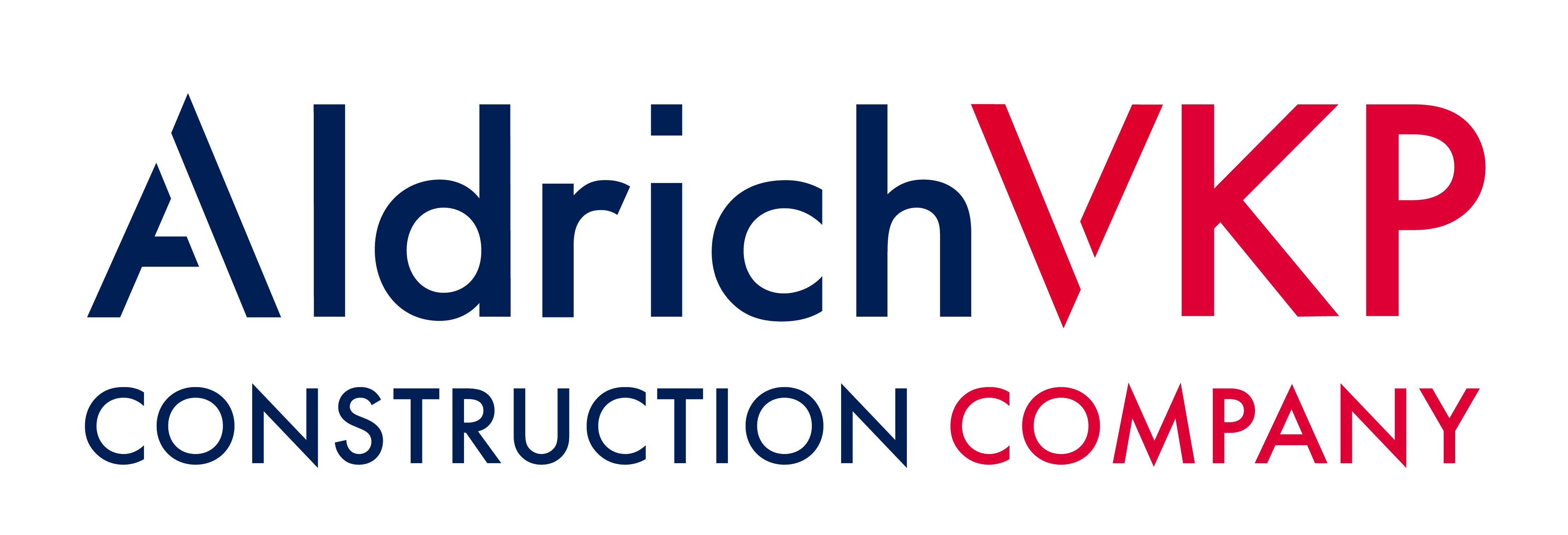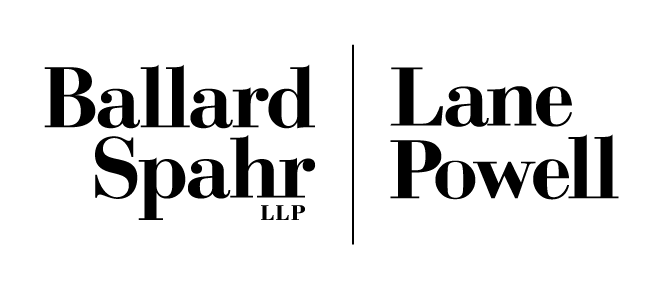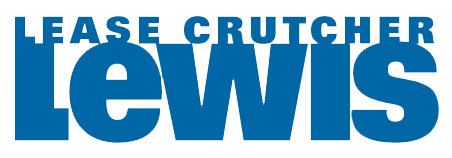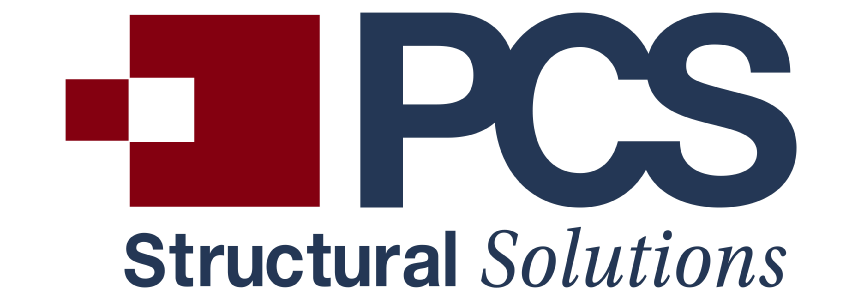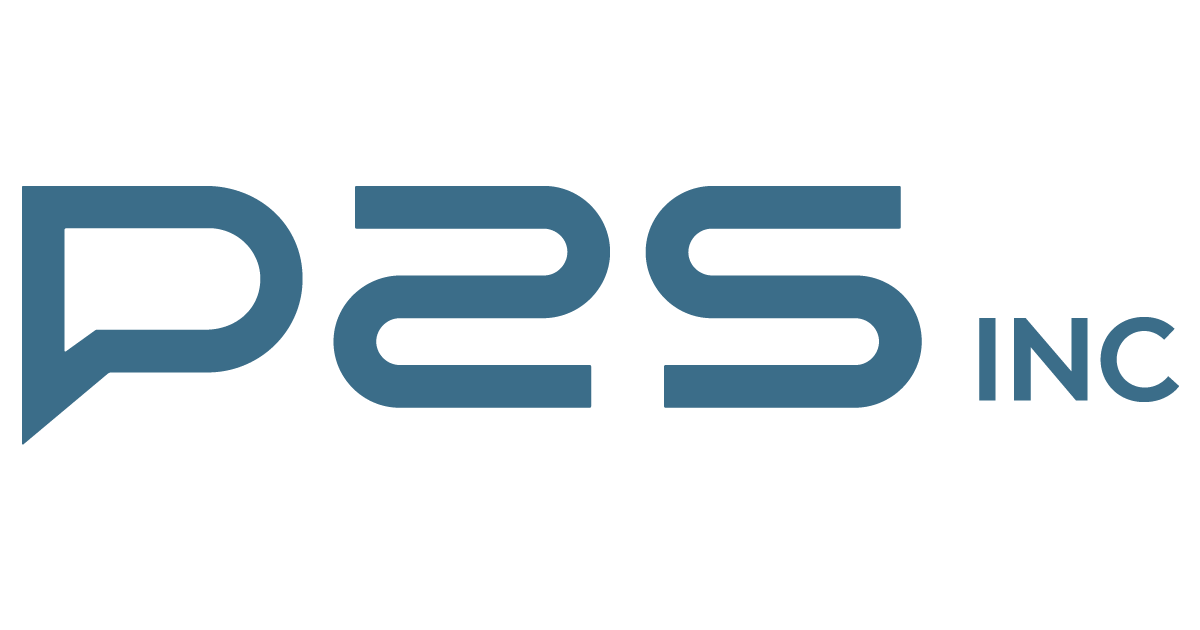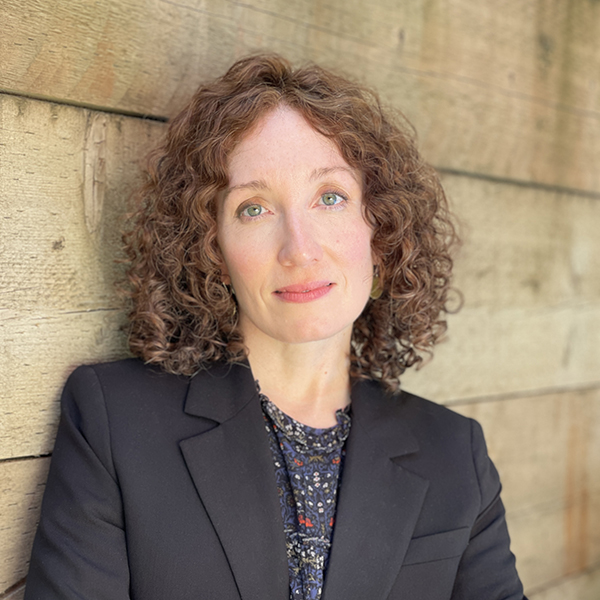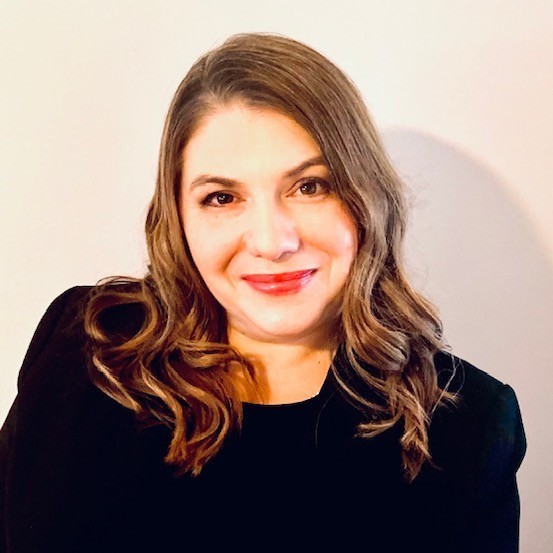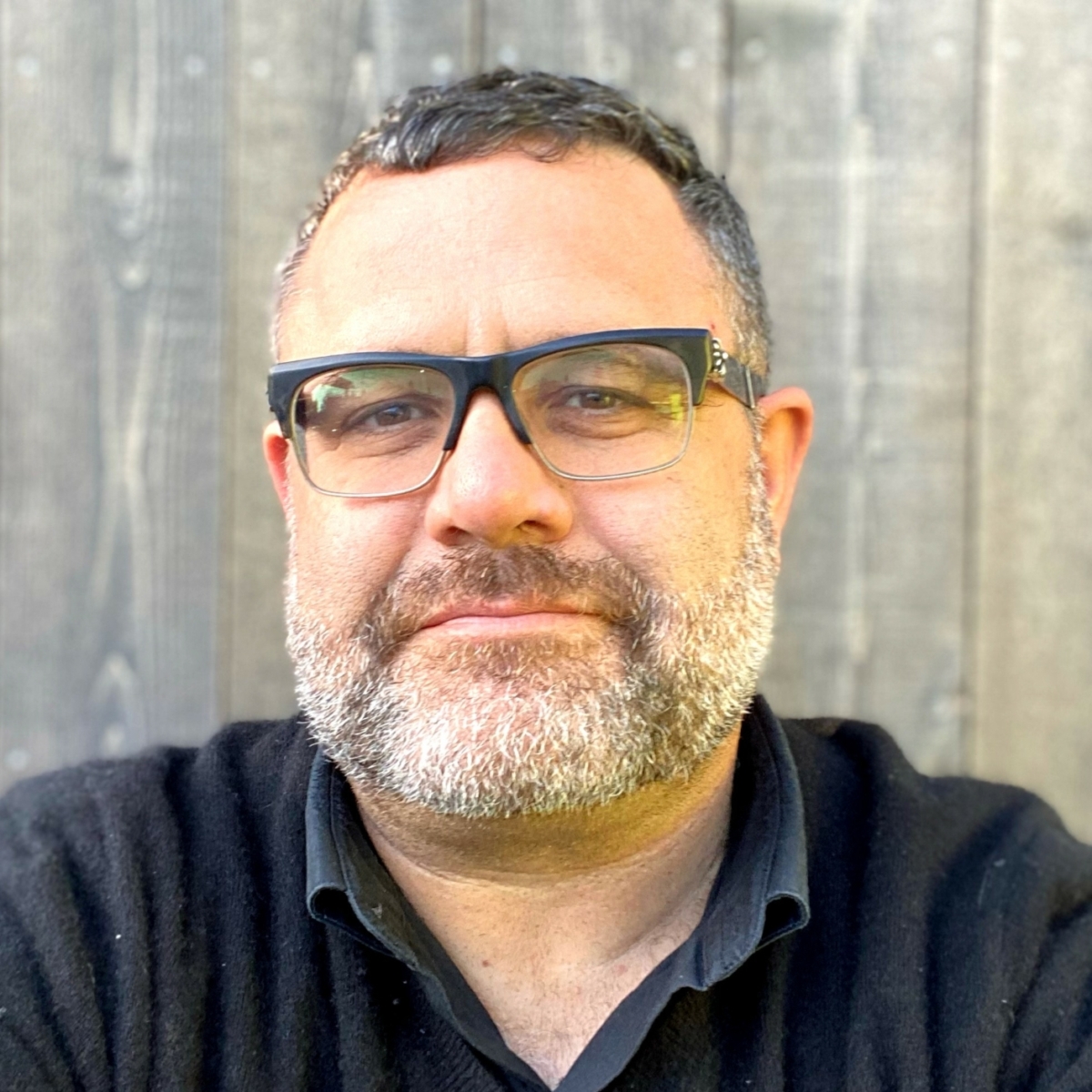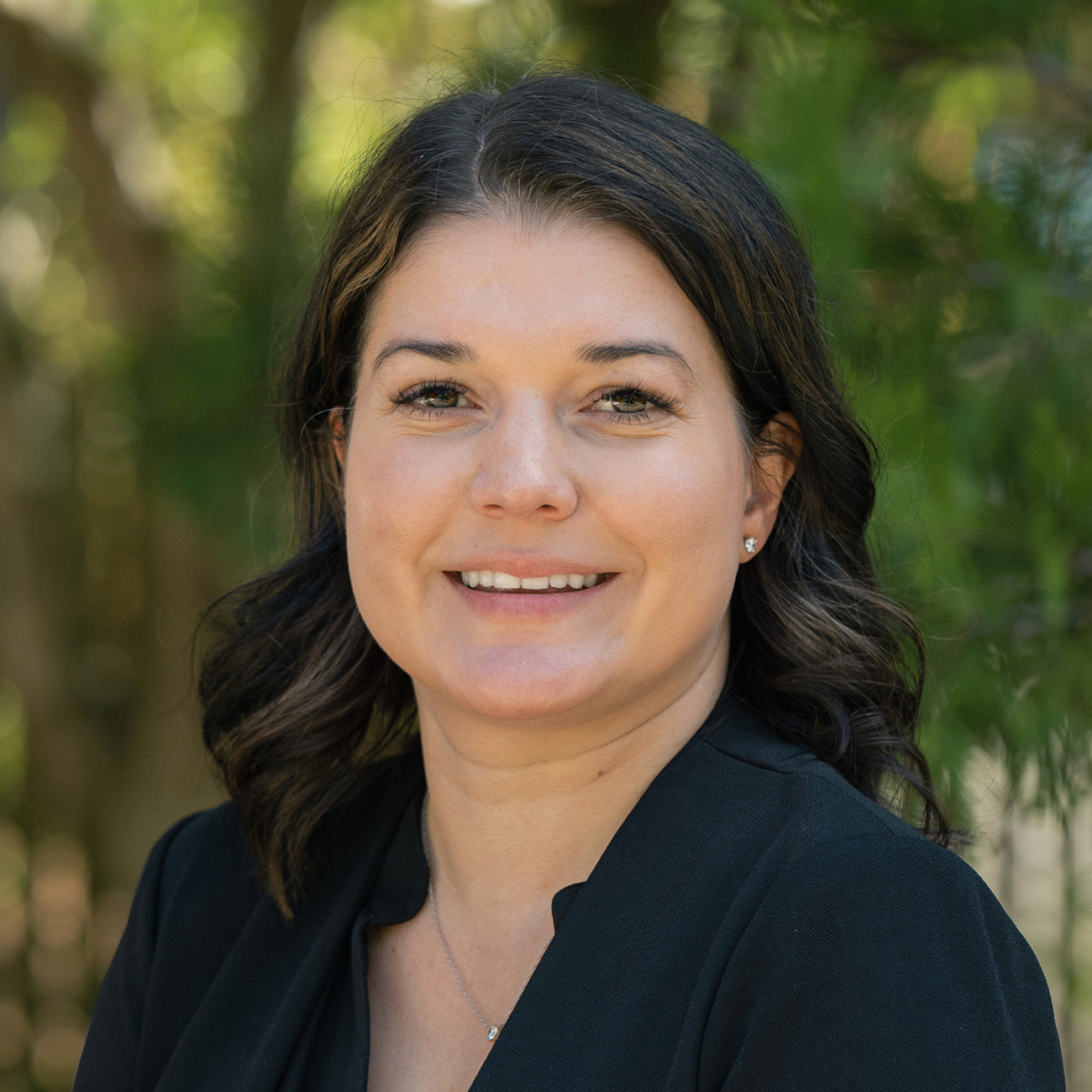STATE NEWS
Washington’s Redistricting Process Ends
Washington’s redistricting saga has ended, with the state Supreme Court declining to develop its own district maps and allowing the maps approved after the deadline by the state’s redistricting commission to take effect. You may view the final Congressional and state legislative district maps here. While redistricting bodies generally try to avoid kicking a sitting legislator out of her own district (by drawing the boundaries outside her home address), there are always some casualties. The new maps draw seven legislators out of their districts, although three were already planning to leave office. The remaining four are: Sen. Bob Hasegawa (D-Seattle); Rep. Shelley Kloba (D-Kirkland); Rep. Jeremie Dufault (R-Selah), and Rep. Vicki Kraft (R-Vancouver). For the 2022 elections, these legislators will have to do one of three things: move into their old district boundaries; run against a sitting incumbent in their new district; or choose not to run again.
Washington’s Legislative Session Kicks Off in January
The state legislative session begins on January 10, 2022 and will be virtual for the public again this year. The Senate will hold sessions in person for senators only while the House is expected to continue the hybrid model with some members in person and some participating virtually. Public testimony and member meetings with the public will continue to take place online, although face-to-face meetings with senators may be possible. Look for additional information on the session from AIA Washington Council in the weeks ahead. Note AIA|WA’s legislative-related events in the “Events” section below.
LOCAL NEWS
Seattle City Budget Finalized
Seattle’s budget wrapped up on Nov. 22 with councilmembers voting 8-1 to approve a $7.1 billion budget package that prioritizes affordable housing, homelessness, and responding to economic crises caused by the pandemic. Mayor Durkan signed the Council’s budget on Dec. 2. Spending highlights include:
- $355 million for the Seattle Police Department including funds to hire 125 officers in 2022, a $7 million decrease from last year and a $9.9 million reduction from Durkan’s proposed budget;
- A $194 million investment in affordable housing, including $97 million funded by revenue from the council’s JumpStart payroll tax;
- Authorization of up to $100 million in bonds to repair bridges around the city;
- $16.4 million for Green New Deal and climate resilience investments;
- $15.4 million in new funding for homelessness services under the new Regional Homelessness Authority;
- Over $10 million for tiny house village short-term housing solutions;
- $5 million to help create a high acuity shelter with community and county partners to help stabilize unsheltered people experiencing health crises;
- $2.5 million to expand mobile mental and behavioral health crisis services;
- A $3.9 million increase for the city’s LEAD post-arrest/pre-booking diversion program; and
- $1.5 million in Vehicle Residency Outreach and Safe Lots for people living in vehicles;
Source: Seattle Times
AIA supported a successful amendment by Councilmember Dan Strauss to require the Seattle Dept. of Construction & Inspections to report on Design Review-related program outcomes, process improvements, and equity outcomes in 2022.
Seattle Commercial Energy Code Amendment Passes
On Dec. 13, the City Council passed legislation to amend the 2018 Seattle Energy Code adopted Feb. 1, 2021. As originally adopted, the 2018 Seattle Energy Code requires that central water heating in multi-family and hotel uses be performed by heat pump water heaters (HPWH) rather than gas or electric resistance water heaters. Commercial buildings were exempted from this requirement, allowing them to continue to use systems that rely on fossil fuels. The new legislation extends the HPWH requirement to include new commercial buildings that incorporate more than minimal water heating capacity for permits applied for after April 1, 2022. There are several exceptions, most notably that this requirement does not apply to replacement of water heaters in existing commercial buildings. The legislation also includes several technical changes to make the code provisions more coordinated and enforceable. More info here.
Seattle City Council Passes Resolution on URM Buildings
Also this week, the Seattle City Council passed a resolution declaring the city’s intent to ensure that all unreinforced masonry buildings in Seattle are seismically retrofitted. Per the bill summary: “This resolution represents the joint commitment by the Mayor and City Council to work on establishing a URM retrofit program, with a work plan that will be led by the Seattle Department of Construction and Inspections and the Office of Emergency Management.” Read the full text here.
Shoreline Updates its Commercial Energy Code
In early December the Shoreline City Council voted unanimously to approve an ordinance that eliminates most uses of fossil fuels for space heating and hot water in newly constructed commercial buildings and multifamily buildings four stories or taller. With the vote, Shoreline became the second city in the Pacific Northwest, after Seattle, to adopt a policy that aids in accelerating the transition to all-electric buildings by eliminating most fossil fuel uses from new commercial and large multi-family development.
Bellingham Considers Stronger Commercial Energy Code
Bellingham’s City Council held a public hearing on Dec 13 to consider an advanced commercial energy code, modeled after Seattle’s. Council will continue consideration early in 2022. Highlights include:
- Restrictions on heating systems to exclude fossil fuel and electric resistance;
- Exclusion of fossil fuel and electric resistance central water heating systems; and
- Increased on-site renewable energy requirements.
Snohomish County Approves C-PACER
This week the Snohomish County Council voted to approve a C-PACER ordinance that will bring low-cost, long-term financing to support energy efficiency and resiliency projects in commercial (including agricultural and industrial) and multi-family buildings of five stories or more. As we have previously reported, C-PACER programs have also been authorized in Thurston, Whatcom, Clark, and most recently King counties. The Snohomish County ordinance authorizes staff to work on developing a program over the next year.
OPPORTUNITIES
Job Opportunity: Policy Researcher, Carbon Leadership Forum at UW
The Carbon Leadership Forum, a research organization based out of the University of Washington’s College of Built Environments, is seeking a collaborative Policy Researcher to help execute its mission to accelerate the decarbonization of the building sector through eliminating the embodied carbon in building materials and construction. More info.
EVENTS
AIA Seattle Housing Task Force
The Housing Task Force meets monthly via Zoom on the second Thursday of each month at noon. All are welcome. For info on how to access the meeting, contact Kirsten.
AIA Washington Council Pre-Legislative Session Events
AIA|WA is hosting three webinars (with CE credit) the week before the state legislative session begins in January:
- Legislative Preview: Climate | Wed. Jan. 5, noon-1pm | featuring partners Climate Solutions and Shift Zero
- Legislative Preview: Housing | Thurs. Jan 6, noon-1pm | featuring partners Futurewise and the Washington Low Income Housing Alliance
- Navigating the State Legislative Session – advanced issue and bill tracking using the Legislature’s website | Fri. Jan 7, noon-1pm
AIA Washington Council Capitol Connections
Capitol Connections is AIA|WA’s annual lobby event in Olympia, where architects discuss issues important to the profession directly with their legislators. It’s a great opportunity to learn about architect advocacy and the state government process! All meetings in 2022 will be virtual. Learn more here.
We’d love to hear from you! To comment or for more information on these or any other topics, please contact:
Kirsten Smith
Manager of Policy & Advocacy
AIA Seattle & AIA Washington Council
206-957-1926 | kirstens@aiaseattle.temp312.kinsta.cloud



